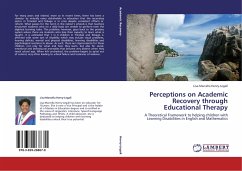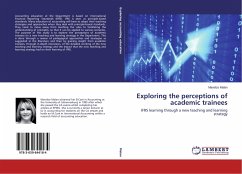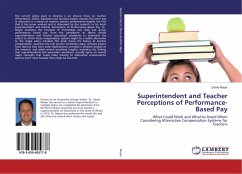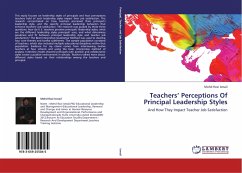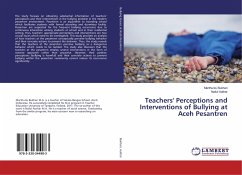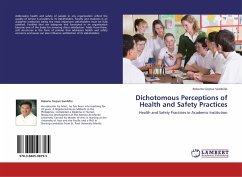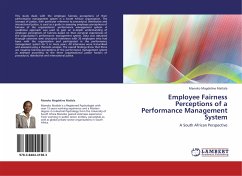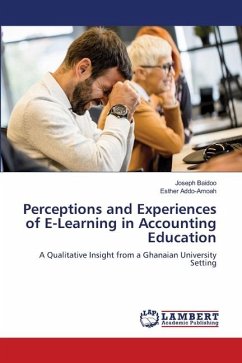For many years and indeed, more so in recent times, there has been a clamour by virtually every stakeholder in education that the secondary sector in Trinidad and Tobago is in crisis despite consistent efforts at reform. What passes for the norm in the nation s schools is that teachers encounter students who on a daily basis are unable to perform even the slightest learning tasks. This problem, however, goes back to the primary system where there are students who lose their capacity to learn what is taught. It is estimated that 1 in 6 children in Trinidad and Tobago is affected with some sort of disability which may include visual problems, hearing deficits, mental and physical disabilities, learning disabilities and psychological reactions to abuse. As such, there are repercussions for these children, not only for what and how they learn, but also for social, emotional and behavioural anomalies that become very distinct when they reach school age. When left unchecked, the problem begins to spiral out of control, very often leading to school failure and instances of violence.
Bitte wählen Sie Ihr Anliegen aus.
Rechnungen
Retourenschein anfordern
Bestellstatus
Storno

